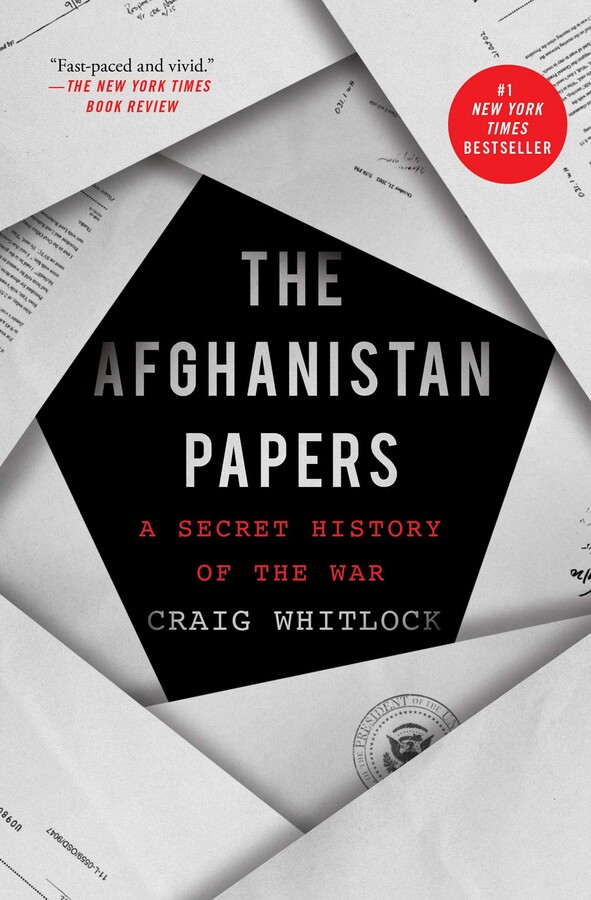From the very beginning, the problem with the US involvement in Afghanistan lay essentially in the deficits in American democracy. A well-functioning republic makes decisions—especially those as serious as starting a war—by an open process of rational deliberation. It asks the obvious questions: What are we doing? Why are we doing it? What is the human and financial cost? What are the benefits? How and when does it end? The original sin of the Afghan war—one that would never be expiated—was the failure of American political institutions to meet these most basic standards of scrutiny.
The congressional mandate for the war was an “authorization for use of military force” that allowed the president to attack any entity “he determines” to have some connection with the September 11 attacks on the US. Just one member of Congress, Barbara Lee, voted against it. Her plea—“Some of us must say, ‘Let’s step back for a moment…and think through the implications of our actions today so that this does not spiral out of control”—was dismissed as verging on the treasonous. The aim of the US intervention in Afghanistan was, as President George W. Bush put it in October 2001, “to bring al-Qaeda to justice.” Whether this necessitated the defeat and banishment of the Taliban regime that had allowed Osama bin Laden’s network to plan the attacks on Afghan soil, and what government might take its place, were questions never even asked.
How could a project to create an Afghan democracy be founded on such a patent failure of democratic process? Without scrutiny, there could be no clarity of purpose. As Craig Whitlock puts it in The Afghanistan Papers—a gripping chronicle based on his own tenacious gathering for The Washington Post of hundreds of accounts given privately by American participants to the Office of the Special Inspector General for Afghanistan Reconstruction (SIGAR) and on other official testimonies—after the initial phase the war was “waged against people who had nothing to do with 9/11.”
US troops entered Afghanistan on October 19, 2001, in alliance with the indigenous warlords whose chaotic misrule had been ended by the triumph of the Taliban in the late 1990s. By the time the Taliban was overthrown in December 2001, there were only 2,500 Americans serving in all of Afghanistan. When the last US soldiers left Kabul on August 30, 2021, 775,000 of them had served there and 2,300 had been killed. Throughout this time, Congress allowed the mission to become unmoored from its stated purpose of rooting out Osama bin Laden’s al-Qaeda and to drift into waters that the administrations of neither George W. Bush nor Barack Obama even managed to chart.
There was almost no understanding that the US was inaugurating what would turn out to be the second half of a civil war that has now lasted for more than forty years. On September 11, 2001, Richard Armitage, then the deputy secretary of state, by his own account cut off General Mahmood Ahmed, the head of the Pakistani military’s Inter-Services Intelligence, who was trying to explain to him who the Taliban were: “I said, ‘No, the history begins today.’”

